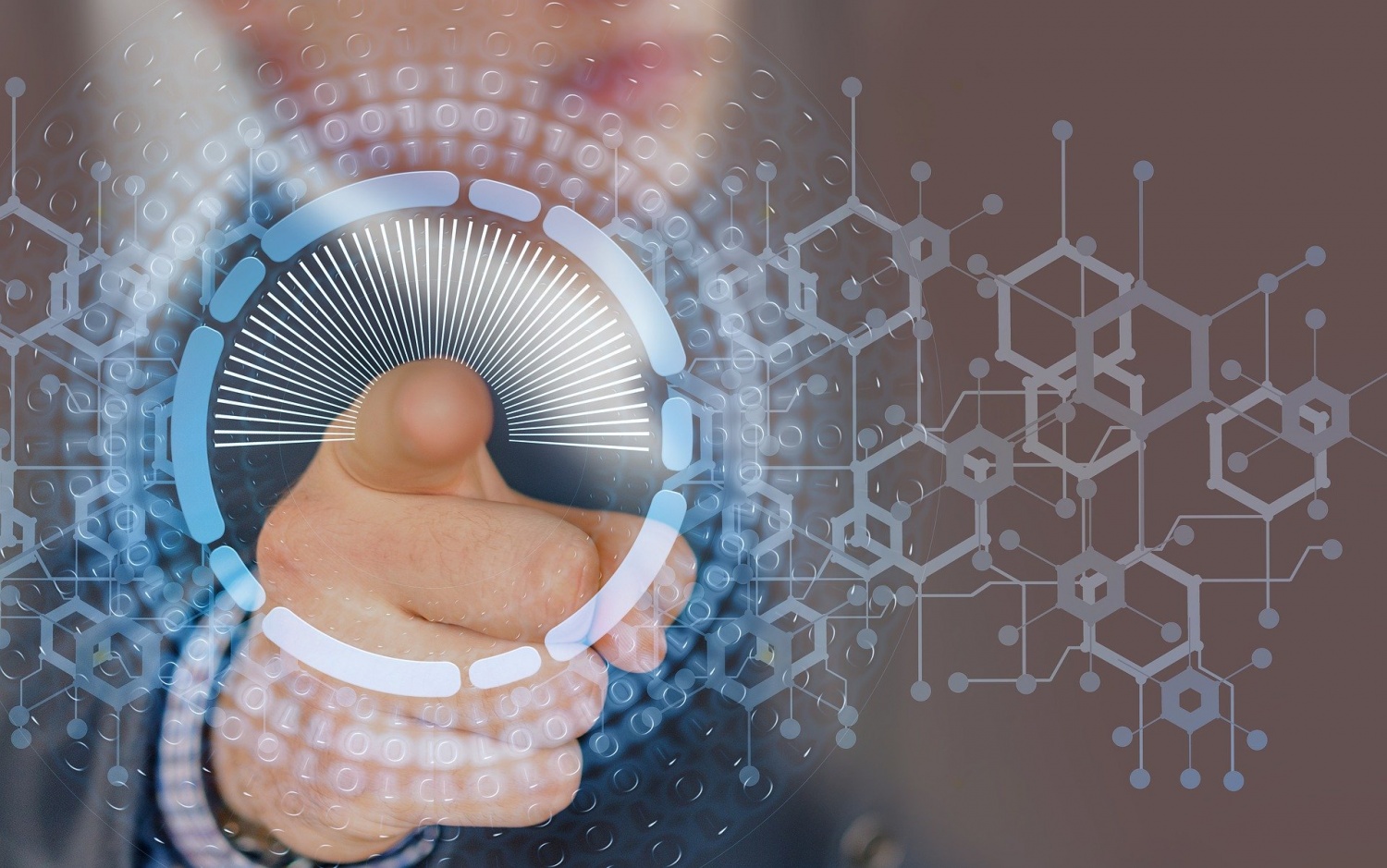Science/Tech
The Importance of Cybersecurity in the Health and Wellness Sector

(Photo : pixabay)
The medical field is important for healing people and improving their well-being. This field is not only responsible for people's health it is also responsible for their personal medical history and identity information. With so much information being stored digitally, clinics, hospitals, and similar institutions can't afford to cut corners on data protection and security. Various medical organizations must protect patients' personal data from being exploited by cybercriminals and thieves.
Why would people want to steal medical records?
You might not realize this, but the medical field is a repository for personal information that is contained in medical records. Unfortunately, there are unscrupulous people who steal and sell this information. Medical information is often used to commit medical fraud, file false insurance claims, to illegally purchase medical equipment and to buy drugs they should not have. They're also using ill-gotten data to form illegal ID kits. These ID kits are used for illegal immigration and social engineering attacks. The Dark Web is the place where most stolen data is marketed and sold to unknown buyers.
What are the procedures medical organizations use to become HIPAA compliant?
HIPAA compliance is achieved through a basic set of rules and procedures. Many organizations create rules for privacy procedures in a written document. They also implement a privacy officer to manage data security. Privacy officers also make sure that HIPAA compliance is being maintained. Organizations will also keep track of all employees that have access to ePHI or electronic protected health information. Private policy training is also given to employees who are responsible for handling data.
Outside organizations that have access to medical data must also understand HIPAA standards. There are also back up and emergency plans in the event of fires, floods or some other type of disaster. A medical facility must frequently perform risk assessments to figure out risks and where potential data breaches might happen.
They will also make up a data breach response plan. This plan will include minimizing data losses and trying to fix the problem. More importantly, they will be transparent and accountable by contacting customers. Managed security service providers can even be hired as an extra layer of protection. An MSSP San Diego wellness centers can rely on - along with those in other cities with a high density of wellness-related businesses - can be the difference between protection and vulnerability.
How do hospitals protect patients from cybercriminals and thieves?
Hospitals, medical facilities, doctor's offices, and health care providers protect patients with the HIPAA Act. This is the first line of defense for protecting a person's medical records. HIPAA is an acronym that stands for Health Insurance Portability Act. This is a U.S. law that was made to provide privacy regulations for patient records. It is also used to shelter various types of medical files.
HIPAA has been in use since 1996. There are 3 major parts of HIPPA law. They cover administrative protocols, physical measures to protect equipment and devices and technology-related measures. Within these three protocols, an organization must create different sets of procedures to become HIPAA.
What are the latest trends for protecting patient records?
Medical organizations are now using the cloud, virtual technology, the Internet of Things (IoT) and interoperability support as a part of the latest technologies to safeguard patient information. They are implementing tighter security protocols and more stringent security measures and checks for their employees. Each one of these different methods helps to ensure that patients do not have their most personal data taken and sold for the purpose of committing fraud or other illegal activities.
* This is a contributed article and this content does not necessarily represent the views of counselheal.com









Join the Conversation